When did green promises become hollow excuses? Is the UK’s environmental policy driven more by profit than preservation?
1. The Sewage Scandal
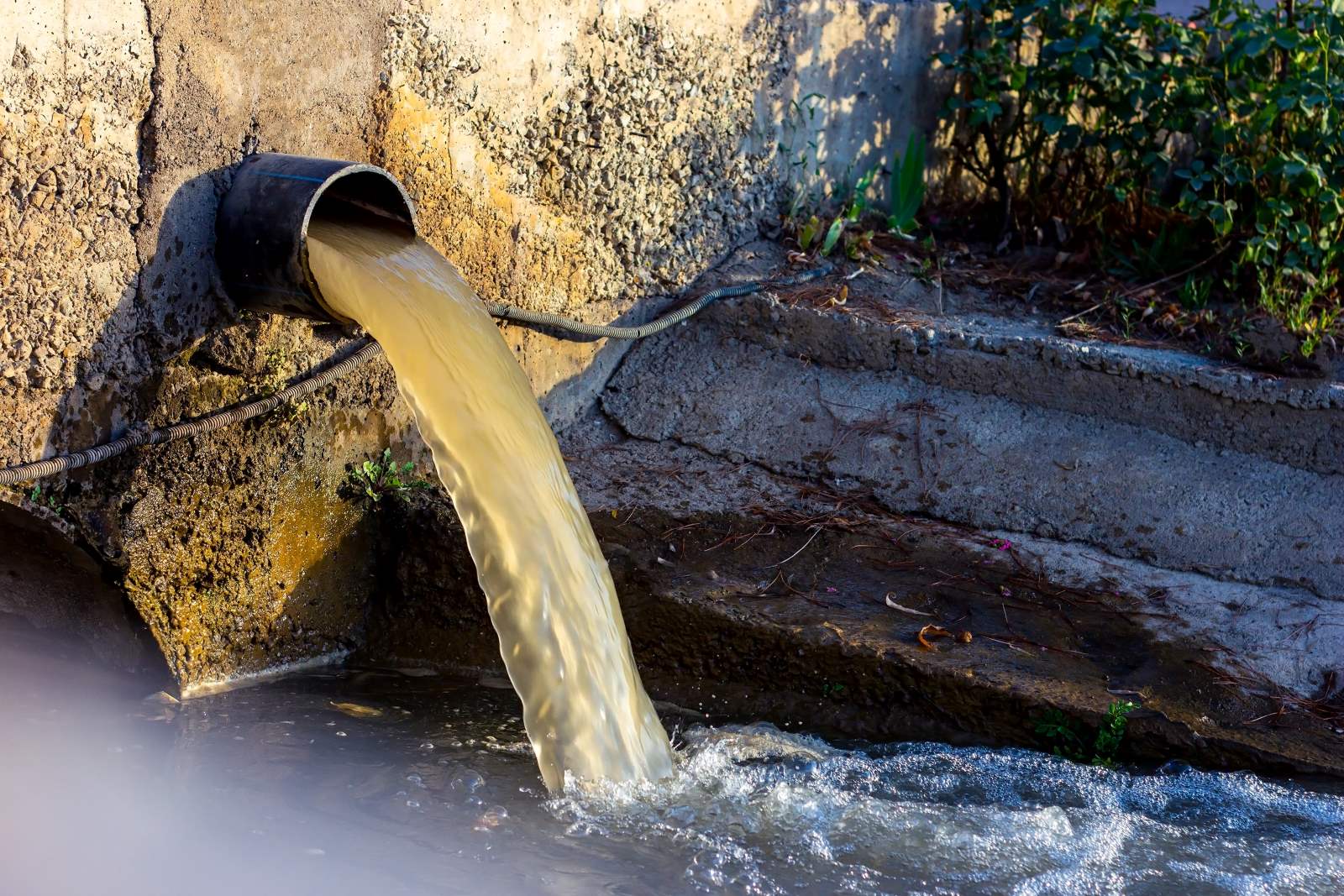
Despite repeated promises, England’s rivers are drowning in sewage. In 2023, the Environment Agency revealed that water companies released raw sewage into rivers and seas over 300,000 times. The outrage over executive bonuses continues, while underfunded regulators struggle to enforce stricter penalties.
2. The Case of Disappearing Reservoirs
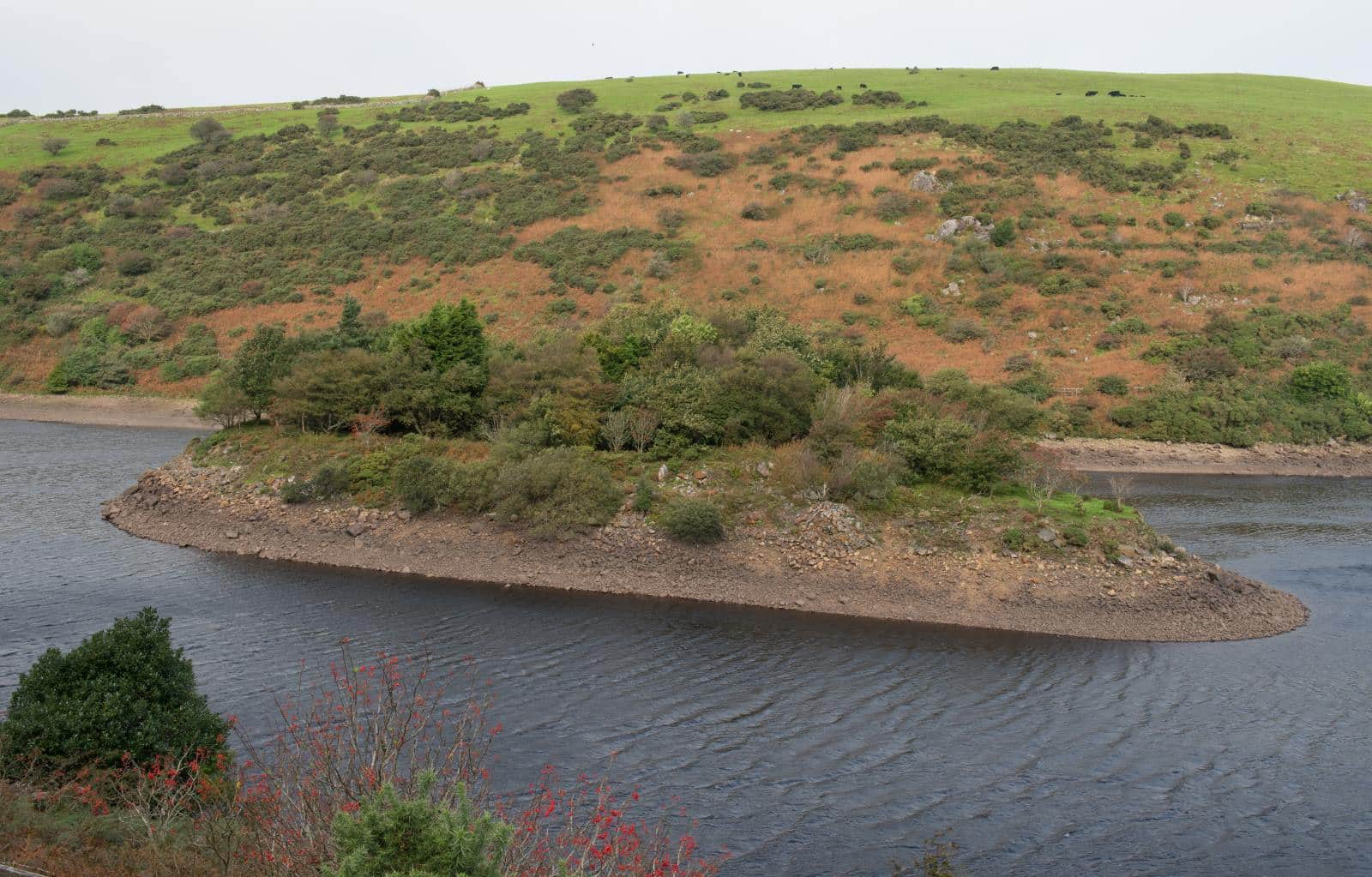
The UK hasn’t built a major new reservoir since 1991. Water scarcity remains a growing concern, especially after the recent drought warnings. Calls to accelerate the construction of new reservoirs have been met with little urgency from the government, despite warnings from the House of Lords.
3. Storm Overflows: A 2050 Vision

The government’s plan to stop storm overflows by 2050 feels like a distant dream. Environment Secretary Steve Reed acknowledged the crisis in 2024 but only announced a review of current plans. The environment remains a backburner issue in political discourse.
4. Net Zero Ambitions Delayed

The UK’s net-zero targets are slipping through the cracks. In 2024, industry leaders criticized the government for failing to set clear policies to attract investment. Ed Miliband, now the Secretary of State for Energy Security and Net Zero, will have a monumental task ahead, considering the slow progress under previous administrations.
5. Hydrogen Hype or Hope?

Hydrogen was hyped as a key solution to the UK’s energy future, but investment has lagged. While the government celebrated the country’s first-ever “Hydrogen Week,” tangible advancements remain limited. Miliband’s task will be to push this technology from potential to reality.
6. Plastic Ban Half-Measures
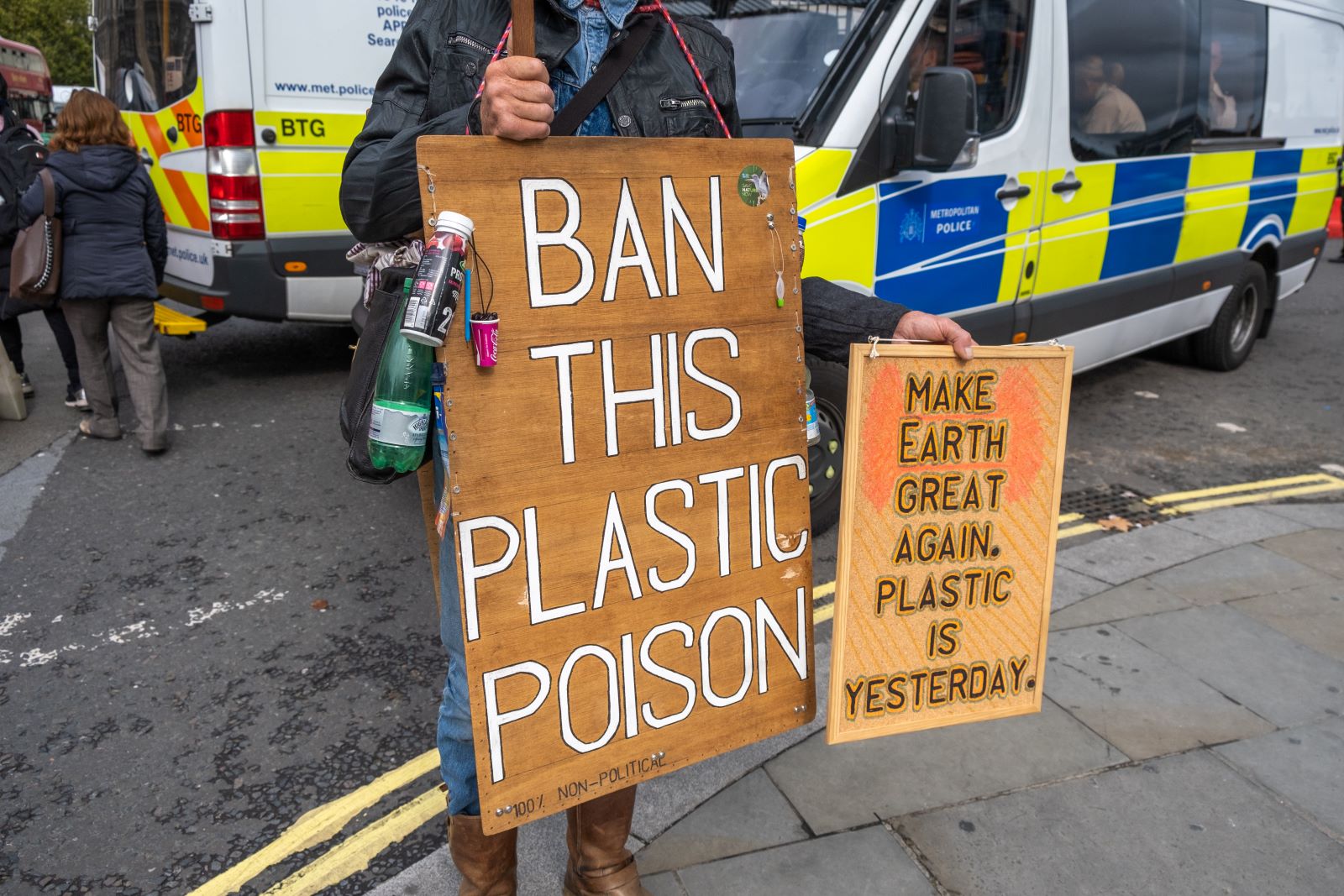
The government’s ban on non-biodegradable wet wipes, announced in 2024, was hailed as a victory for environmentalists. However, the fight against plastic waste is far from over, with recycling rates stagnating and plastic pollution continuing to flood the UK’s beaches.
7. Greenwashing Giants

Corporations like Coca-Cola and Nestlé faced backlash for misleading eco-claims in 2023. The government’s response to corporate greenwashing has been largely ineffective, leaving environmental advocates frustrated by the lack of regulatory teeth.
8. Offshore Wind Delays
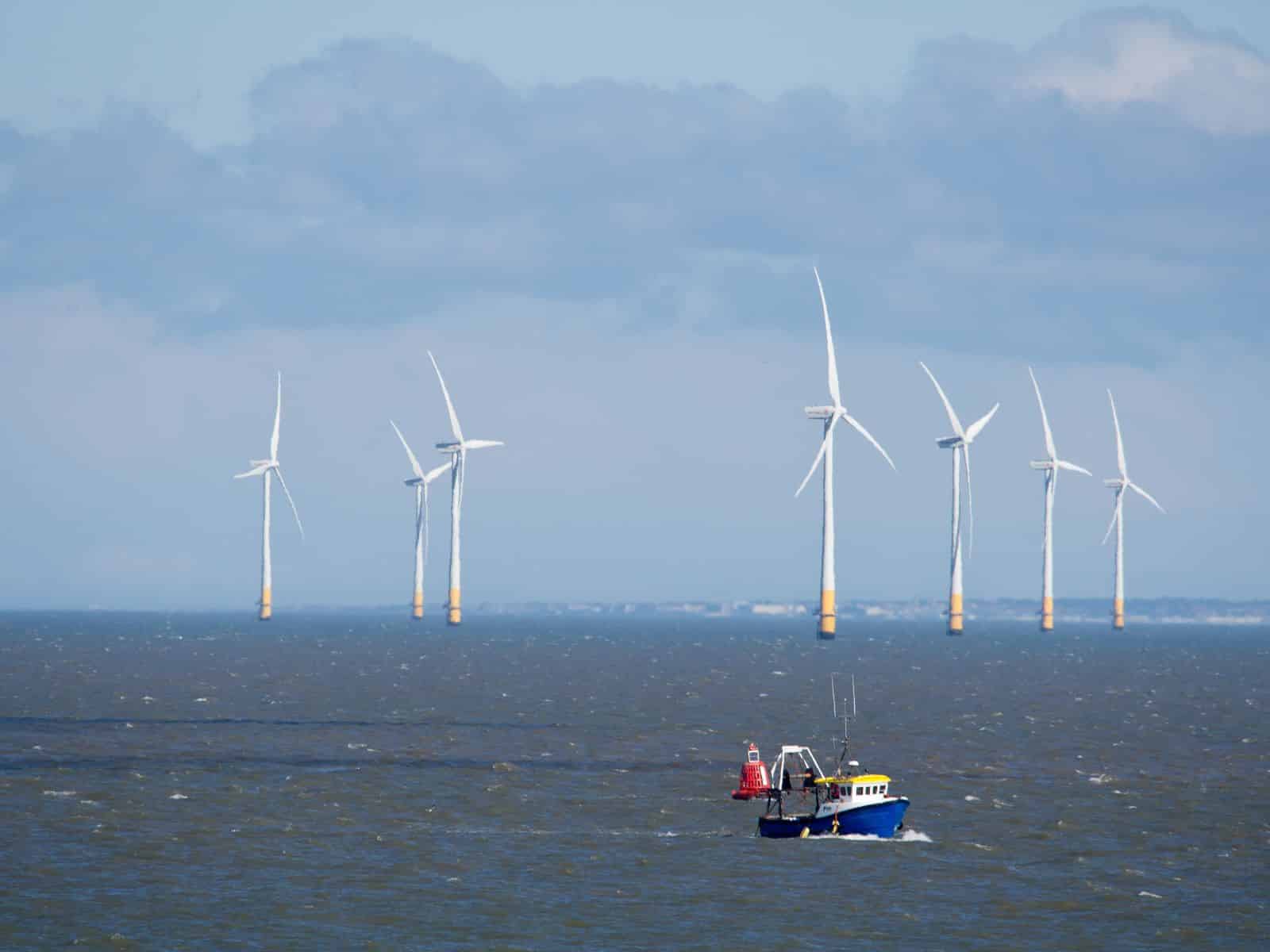
Offshore wind is a cornerstone of the UK’s renewable energy strategy, but delays continue to plague progress. Developers have warned that without clearer government policies, the target of 50GW by 2030 may be unrealistic.
9. Sewage Profits
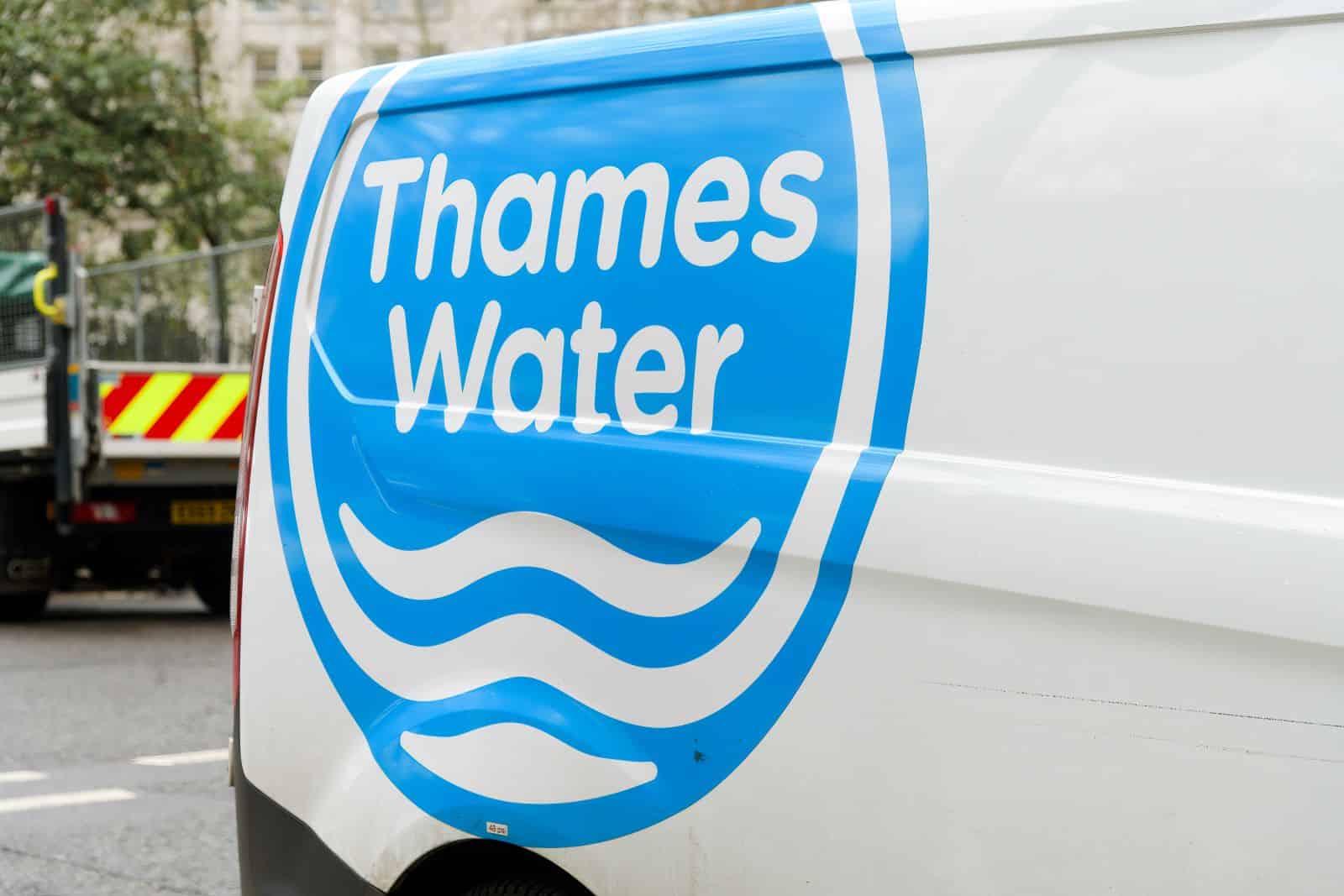
Water companies continue to prioritise profits over environmental protection. Despite public outcry, little has changed in how these companies operate. The government’s inability to tackle corporate greed head-on has only worsened the crisis.
10. Carbon Capture Stalled

Carbon capture and storage (CCS) technology could be a game-changer for the UK’s emissions goals. Yet, despite years of talk, investment in this area remains minimal. SSE’s Keadby 3 project is a rare exception, but without more support, widespread adoption remains unlikely.
11. The Marine Mess
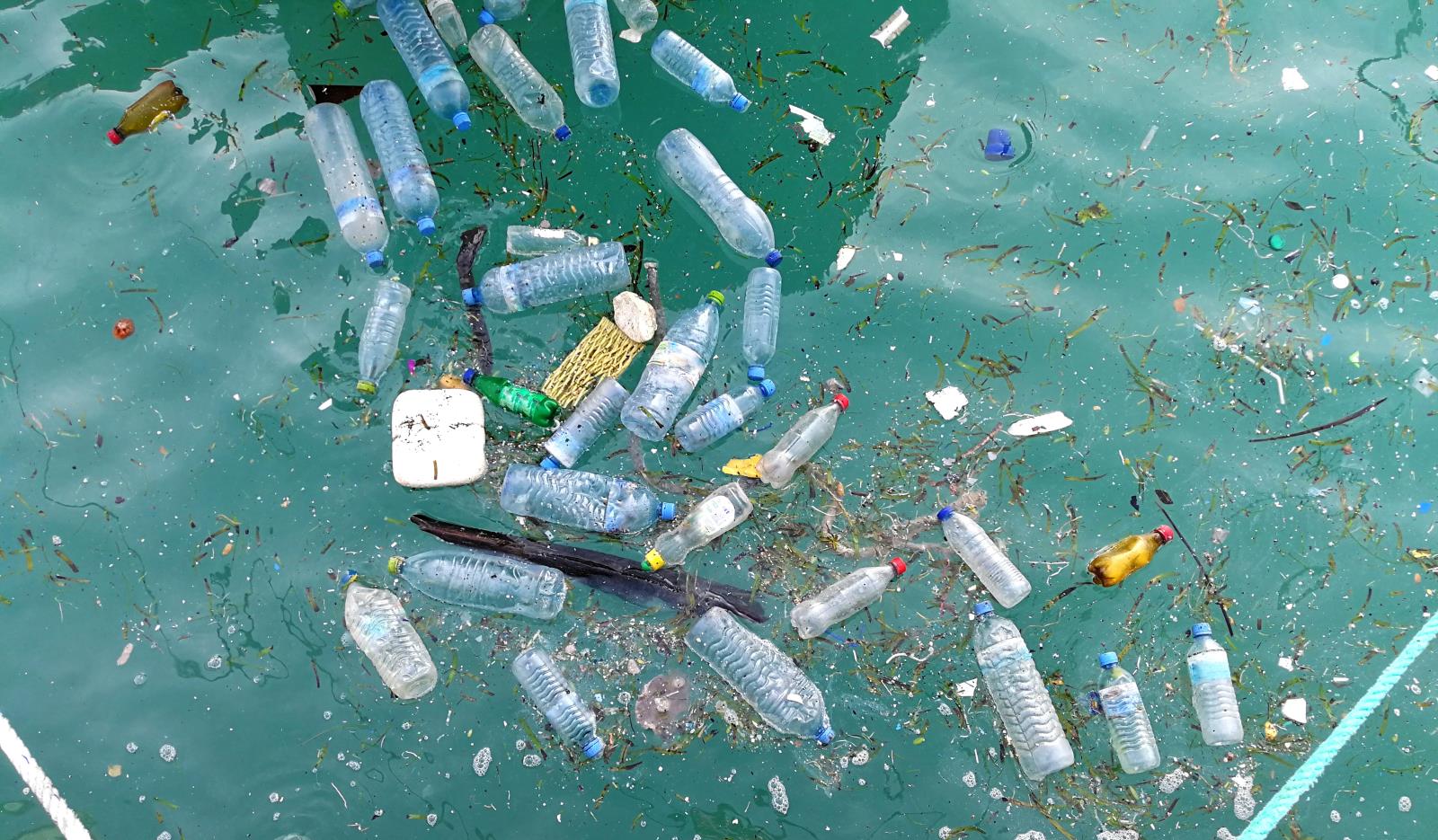
Plastic litter continues to plague UK coastlines, with 88% of all beach litter made up of plastic. Despite government announcements of new environmental improvement plans, the reality on the ground paints a grim picture.
12. The Cost of Inaction

Environmental inaction comes with a hefty price tag. Delaying crucial decisions on infrastructure, waste management, and renewable energy will lock in carbon emissions and lead to billions in lost potential. Politicians must choose whether to prioritise short-term gain or long-term survival.
13. Waste Management Woes
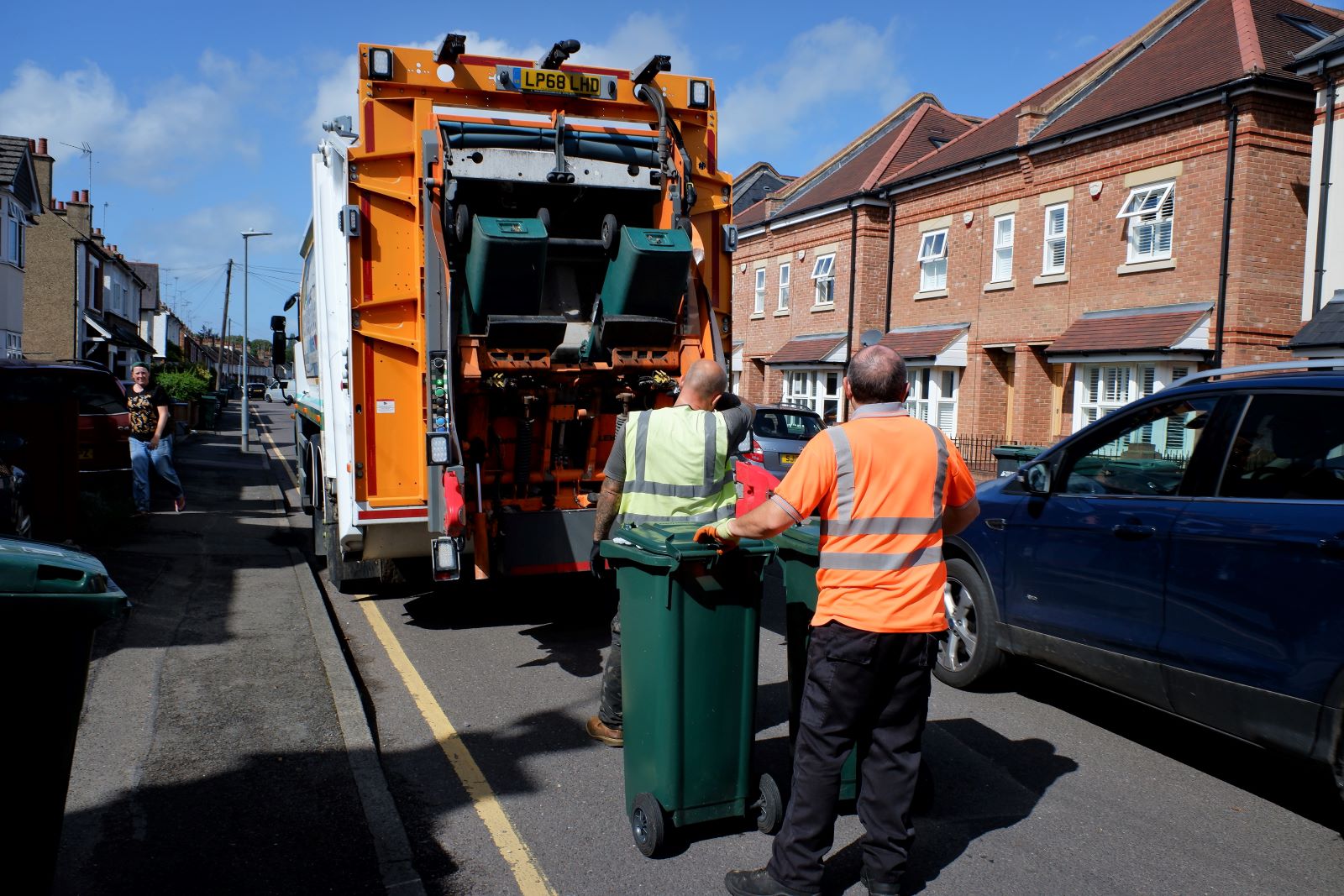
The UK’s waste management system is failing. Recycling rates have stagnated, and landfill use remains high. While the government touts its Environmental Improvement Plan, critics argue it lacks the ambition needed to bring about real change.
14. Energy Security Illusions

Energy security remains a growing concern as renewable projects face delays. The government’s lack of a coherent plan could lead to energy shortages and higher costs in the coming years. New energy policies are urgently needed if the UK is to meet its renewable targets.
15. Flooding the Future
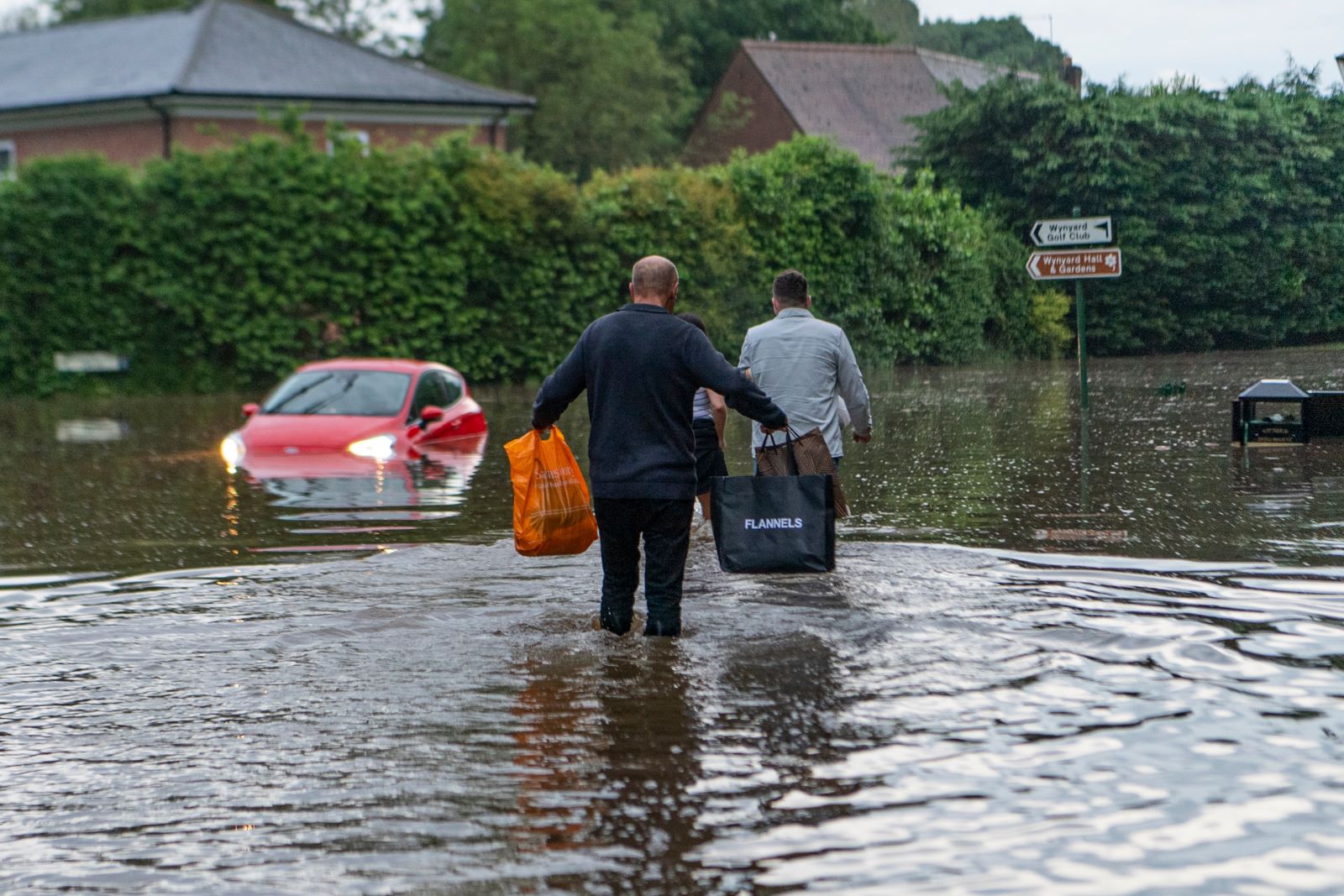
Outdated flood management systems are leaving communities vulnerable. The government’s response to increasing floods has been slow, despite the obvious connection between climate change and extreme weather events.
16. Decarbonisation Disasters

The road to net zero is riddled with setbacks. Industry leaders have criticised the government’s lack of ambition, warning that without decisive action, the UK’s decarbonisation goals are at risk of being missed.
17. Biodiversity Loss
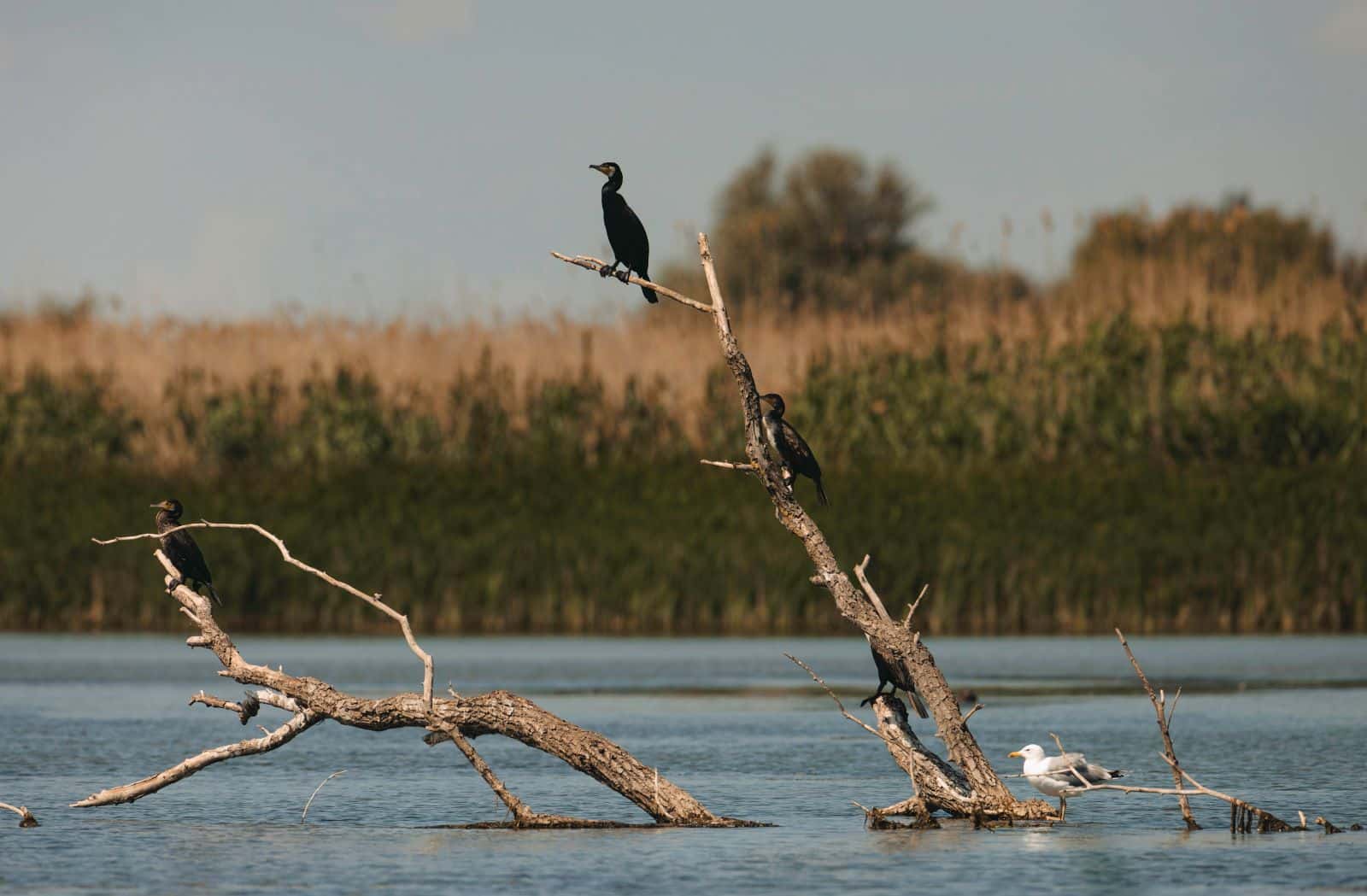
The UK continues to see a decline in biodiversity, with 16% of species at risk of extinction. Steve Reed’s promises to restore nature are a start, but real action is needed to reverse decades of neglect.
18. Nuclear Nostalgia
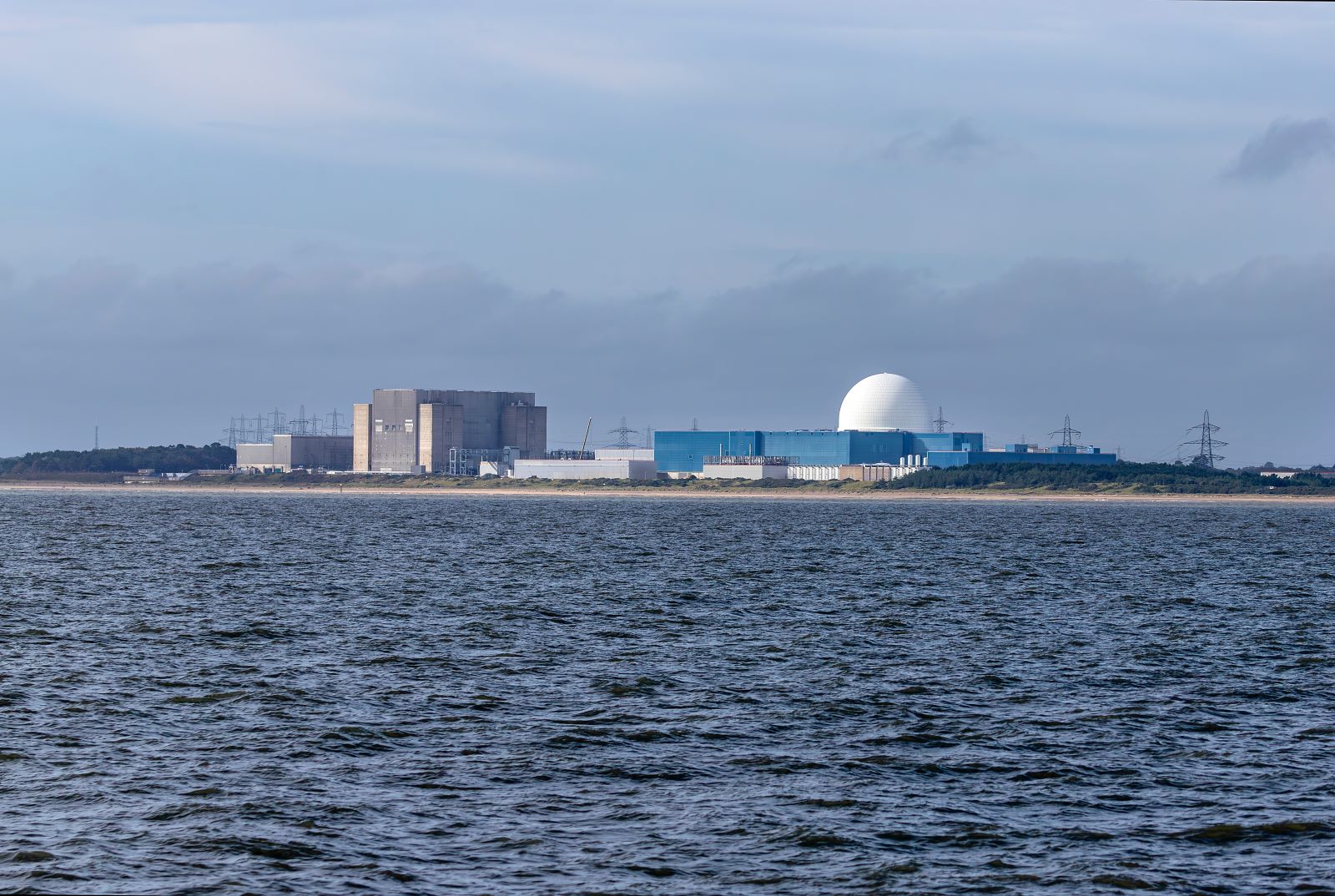
The debate over nuclear energy continues to divide opinion. While the government is pushing for more nuclear power, others argue that renewables should be the priority. The indecision and political wrangling have only delayed much-needed energy reform.
19. The Air Pollution Puzzle
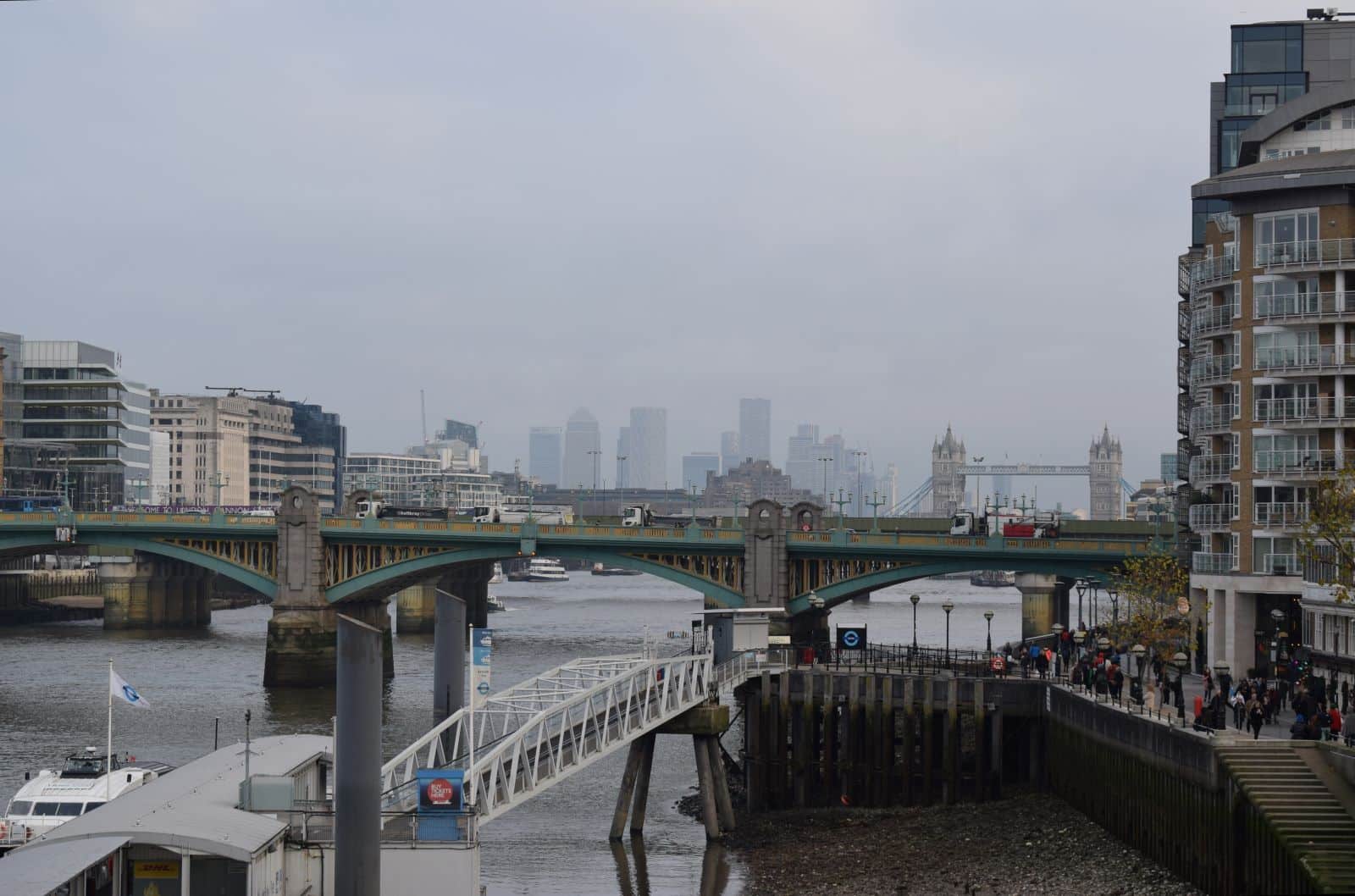
Air pollution remains a serious issue in the UK, with major cities like London experiencing dangerous levels of pollution. New measures are needed to tackle the problem, but the government’s current approach has been widely criticised as insufficient.
20. The Great Green Delay
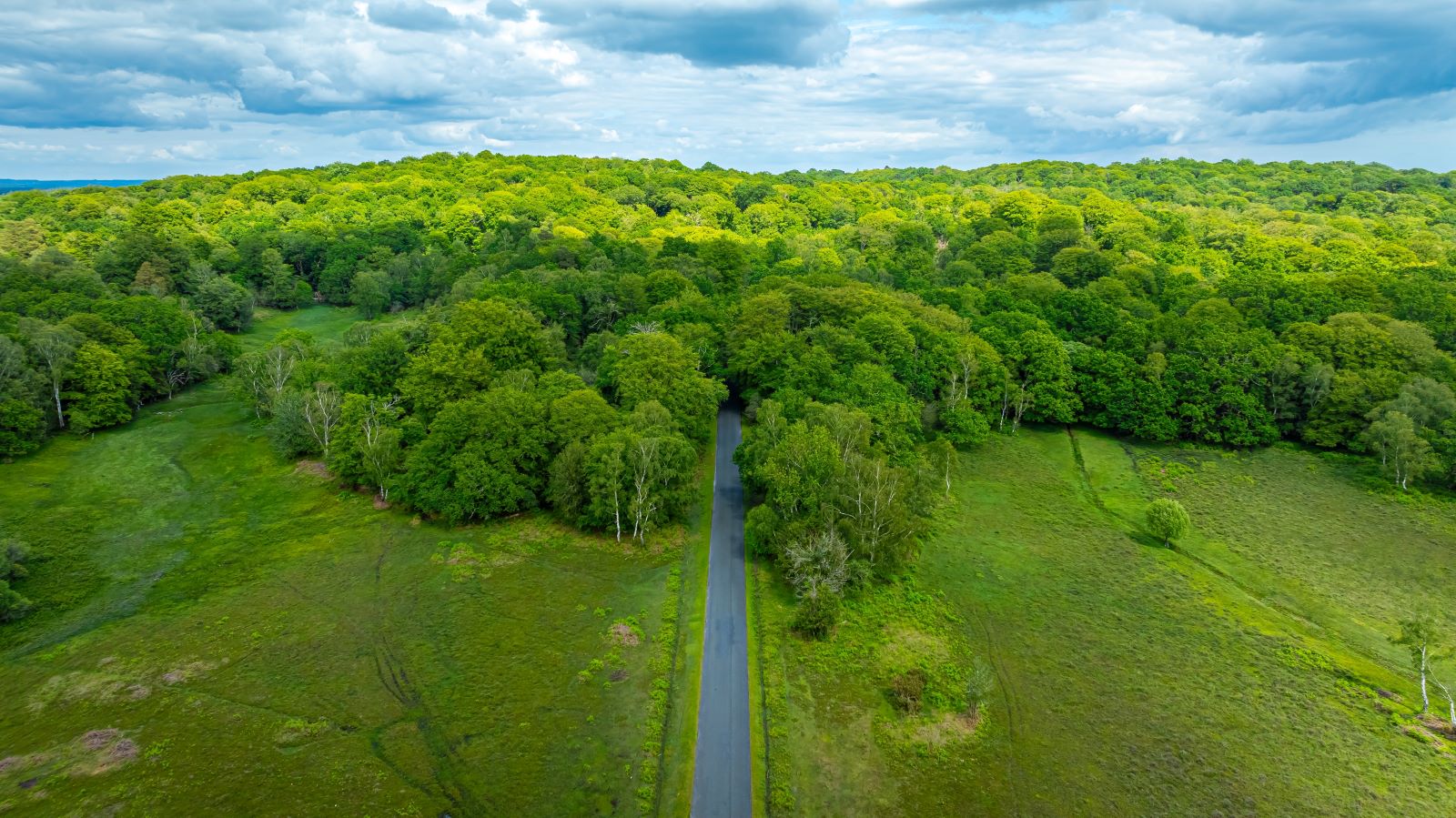
Ultimately, the UK’s environmental failures come down to political indecision, lack of accountability, and short-termism. The future looks increasingly bleak until the government prioritises long-term sustainability over immediate profits.
Outro: A Hollow Legacy?
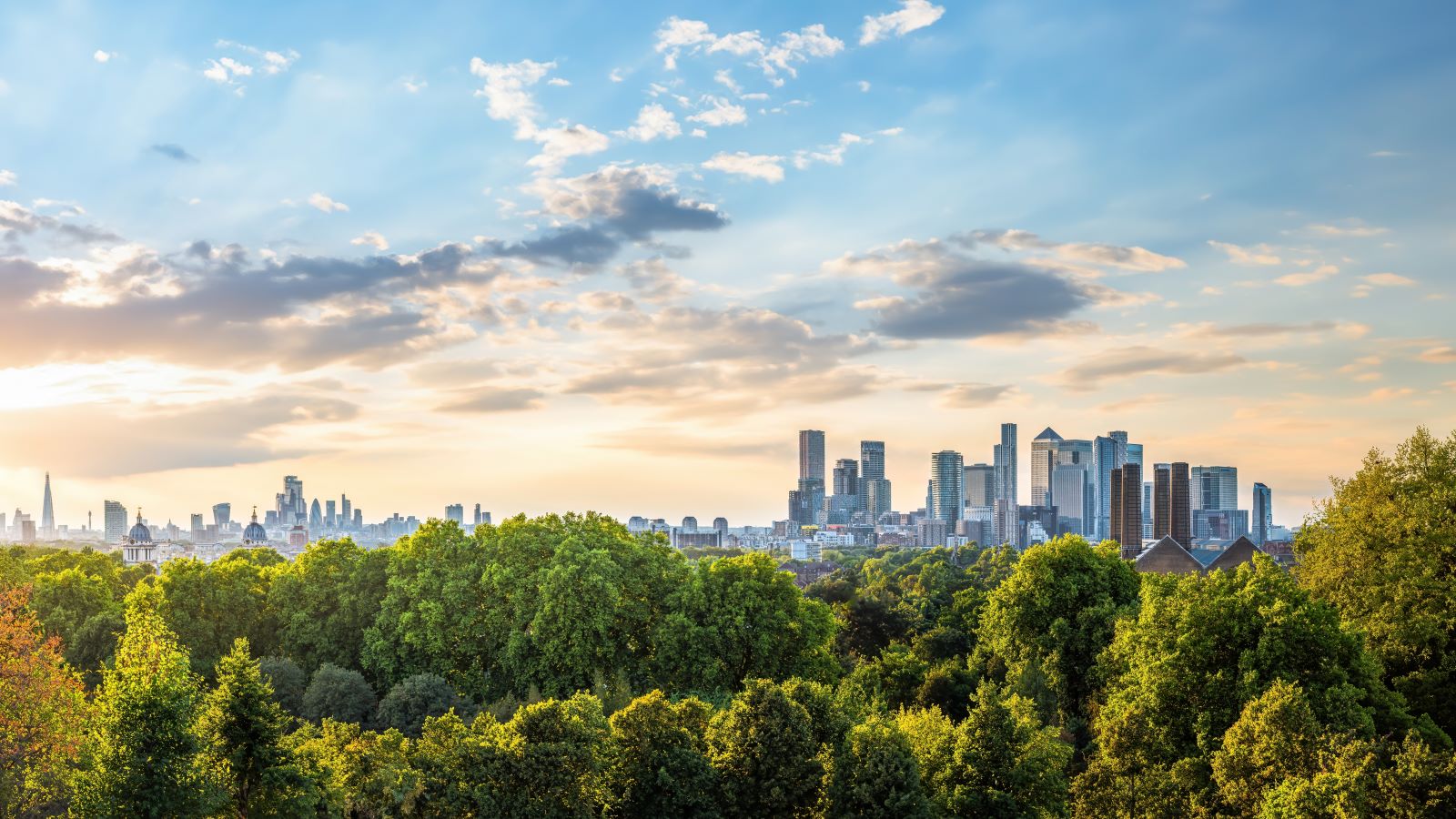
Will the UK’s environmental legacy be one of missed opportunities and broken promises? Or will action finally replace excuses before it’s too late?
Featured Image Credit: Pexels / Pixabay.
For transparency, this content was partly developed with AI assistance and carefully curated by an experienced editor to be informative and ensure accuracy.
The images used are for illustrative purposes only and may not represent the actual people or places mentioned in the article.

